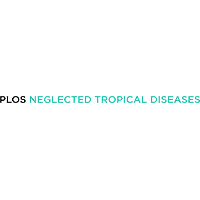BACKGROUND: Schistosomiasis, a major cause of pulmonary arterial hypertension (PAH) worldwide, is most clearly described complicating infection by one species, Schistosoma mansoni. Controlled exposure of mice can be used to induce Type 2 inflammation-dependent S. mansoni pulmonary hypertension (PH). We sought to determine if another common species, S. japonicum, can also cause experimental PH.METHODS: Schistosome eggs were obtained from infected mice, and administered by intraperitoneal sensitization followed by intravenous challenge to experimental mice, which underwent right heart catheterization and tissue analysis.RESULTS: S. japonicum sensitized and challenged mice developed PH, which was milder than that following S. mansoni sensitization and challenge. The degree of pulmonary vascular remodeling and Type 2 inflammation in the lungs was similarly proportionate. Cross-sensitization revealed that antigens from either species are sufficient to sensitize for intravenous challenge with either egg, and the degree of PH severity depended on primarily the species used for intravenous challenge. Compared to a relatively uniform distribution of S. mansoni eggs, S. japonicum eggs were observed in clusters in the lungs.CONCLUSIONS: S. japonicum can induce experimental PH, which is milder than that resulting from comparable S. mansoni exposure. This difference may result from the distribution of eggs in the lungs, and is independent of which species is used for sensitization. This result is consistent with the clearer association between S. mansoni infection and the development of schistosomiasis-associated PAH in humans.

Experimental Schistosoma japonicum-induced pulmonary hypertension
Review badges
0 pre-pub reviews
0 post-pub reviews